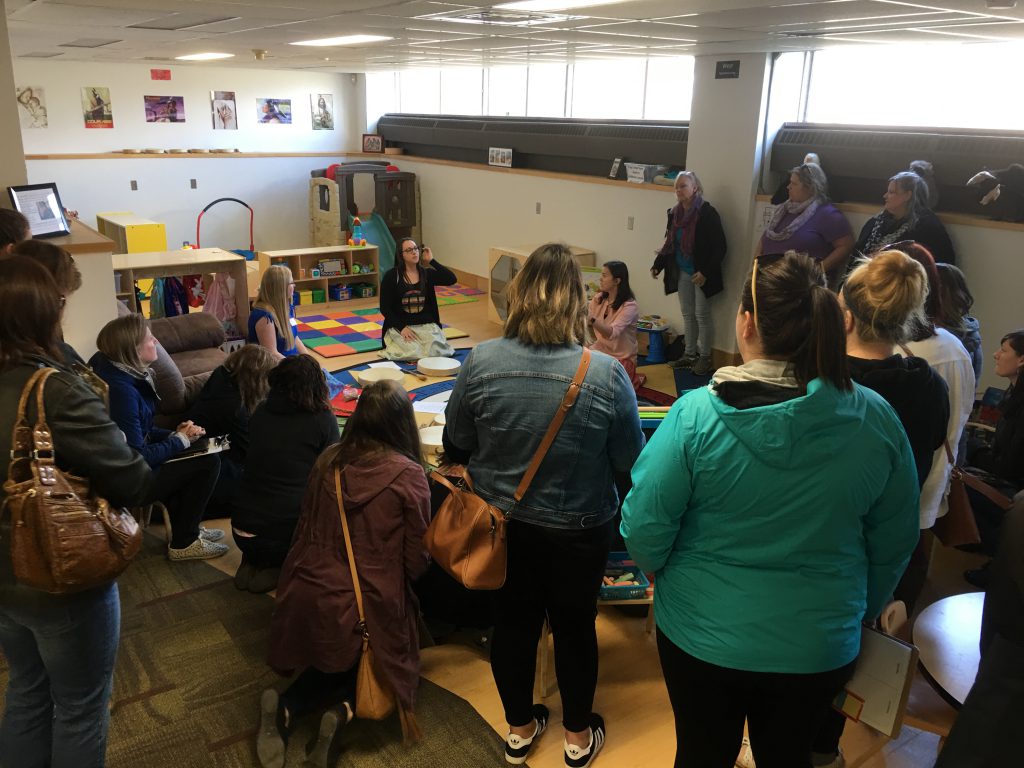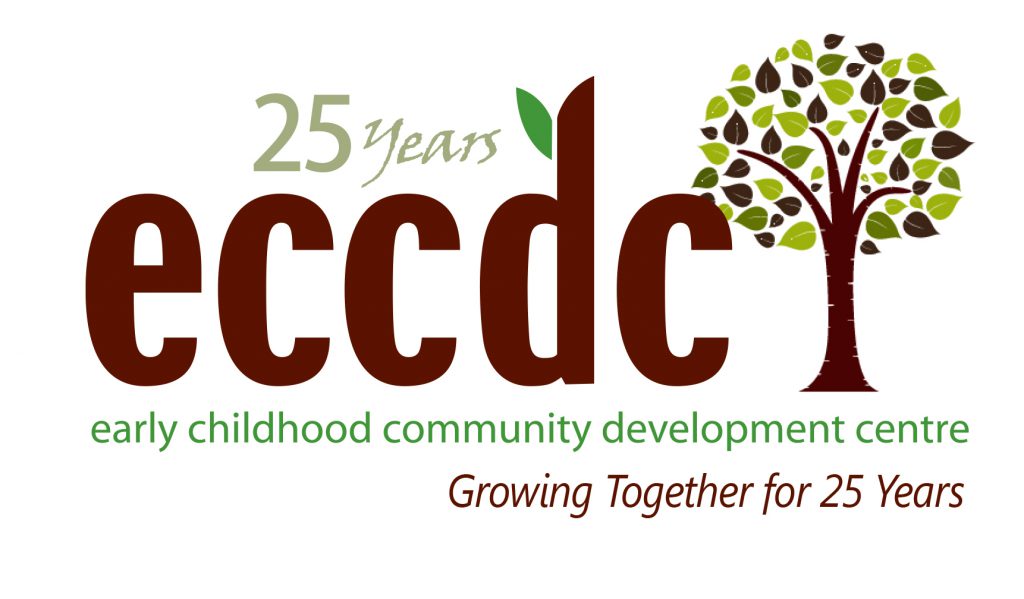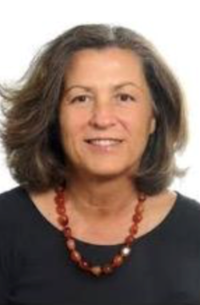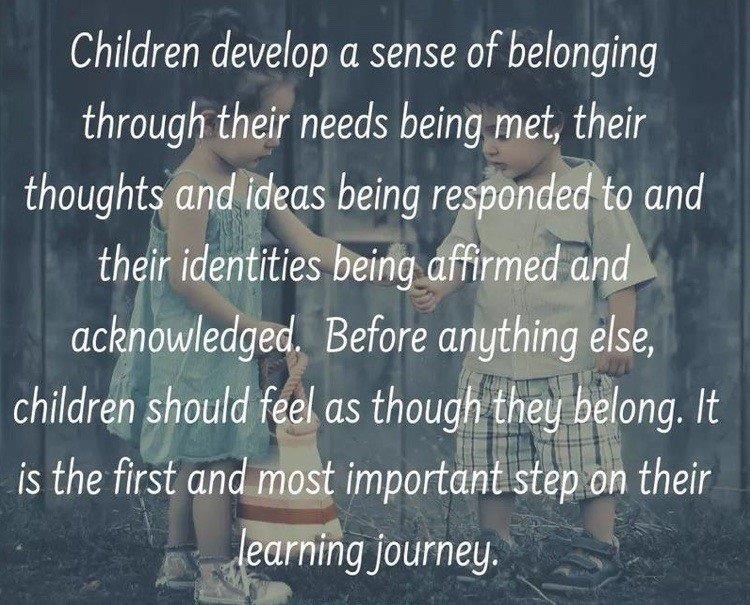
The District of Thunder Bay Social Services Administration Board recently offered a survey regarding staff well-being. Some of the feedback from this survey was to support staff through re-connecting and opportunities to support mental health.
We know that many of the staff working in child care and EarlyON programs in our communities have strengths and talents to inspire, showcase, and bring comfort to others. Do you or does your centre have a skill to share? A story to tell? Perhaps you have a colleague that has a gift that you recognize others should see. Whether itŌĆÖs documentation, cooking, crafting, or storytelling, we would like to hear what you could share virtually among our community!
Submit your idea to us at early.years@tbdssab.ca







